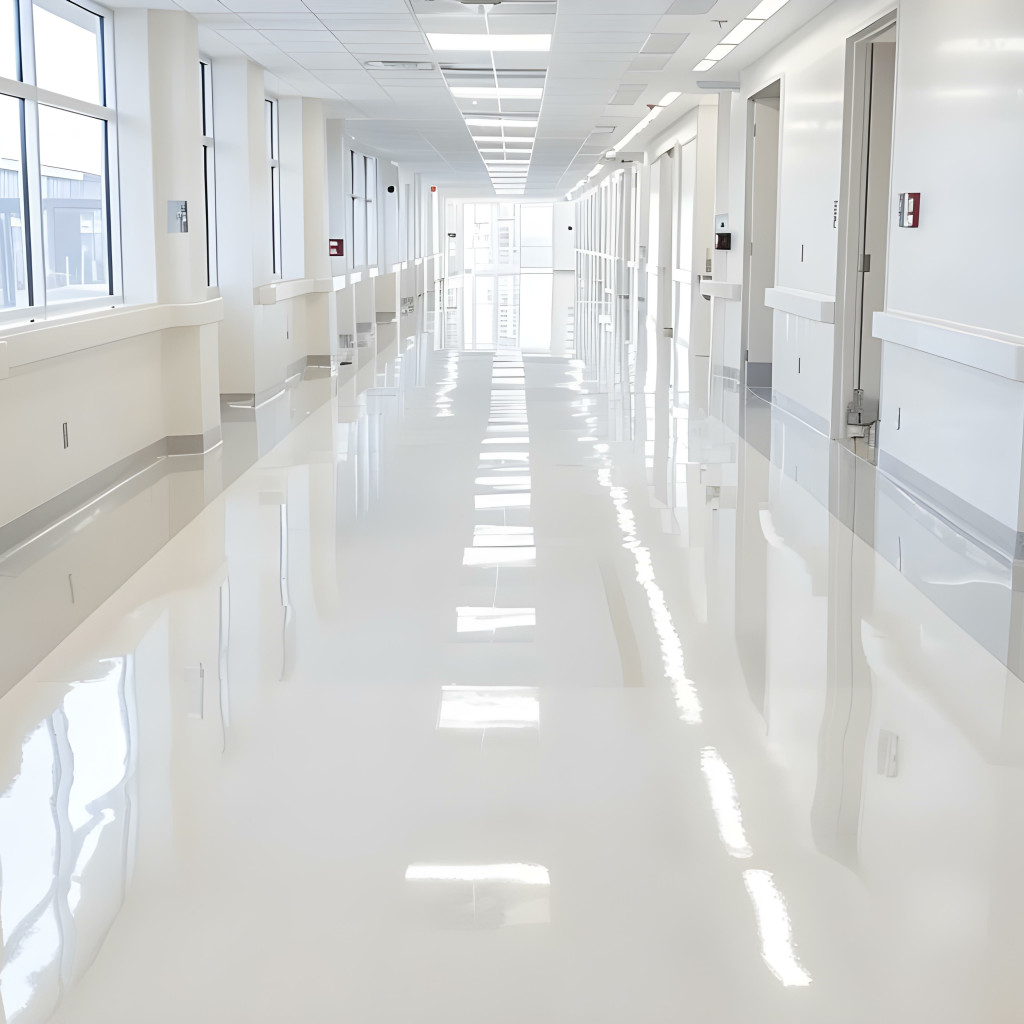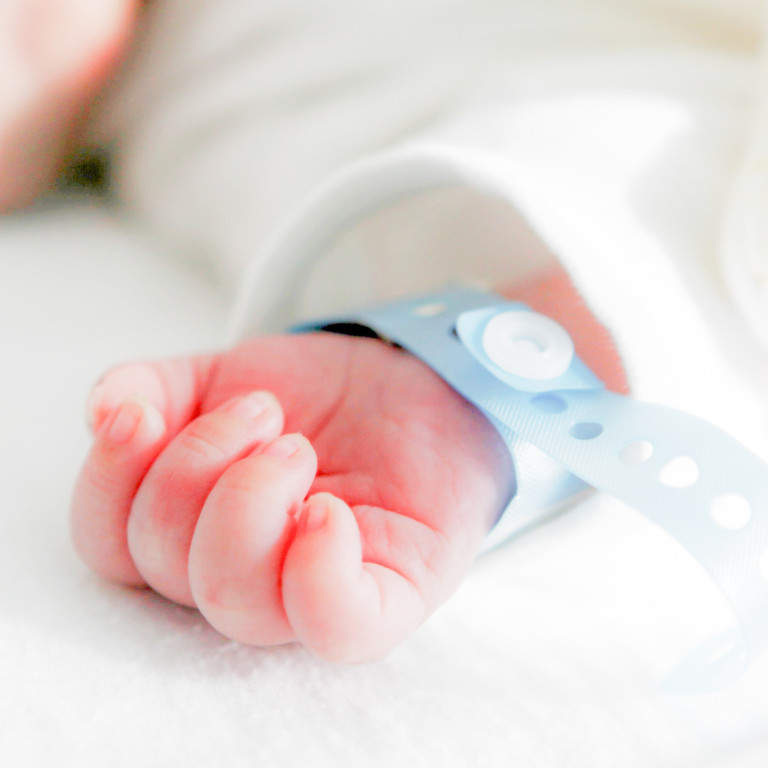Tragedy for families who have been told that the death of 56 babies and 2 mothers at Leeds Teaching Hospitals could have been avoided.
Over the past few years, maternity units across England have been investigated due to concerns over failing care and poor patient safety. This has resulted in Donna Ockenden, a British midwife and community activist, undertaking independent reviews across various Trusts, to provide families with answers and aim for improvement in outcomes for both babies and mothers.
It is therefore devastating to read data set out in a recent BBC article that at least 56 stillbirths and neonatal deaths recorded at Leeds Teaching Hospitals between January 2019 to July 2024 were potentially preventable. In addition, the Trust also recorded two possibly avoidable maternal deaths during the same period.
Whilst the Trust is rated as “good” by England’s healthcare regulator, two whistleblowers have told the BBC they believe the units are unsafe, one of whom describes the care as “appalling”. She highlighted a failure to listen to patients, and explained “that’s when disasters happen, and a lot of them can be avoided”.
Our Clinical Negligence team at Tozers support numerous families who have sadly lost their babies, and we consistently hear their deep concerns about feeling unheard, often dismissed as “anxious parents” and of red flags having been missed by healthcare professionals.
The devastated families speaking to the BBC are seeking an independent review of the care provided at the Leeds Teaching Hospitals maternity unit to prevent further harm and to ensure that the lessons are learned, to help improve maternity safety across England.
The data is extremely concerning, in that it identifies that Leeds Teaching Hospitals have the highest neonatal mortality rate in the UK of 4.46 per 1000 live births in 2022, according to the latest report by Mothers and Babies: Reducing Risk through Audits and Confidential Enquiries across the UK (MBRRACE-UK), which reviews stillbirths and neonatal deaths.
The MBRRACE-UK audit also identified that Leeds Teaching Hospitals 2022 figure for stillbirth and neonatal deaths is around 70% higher than the average rate for comparable NHS Trusts.
Helpfully, MBRRACE-UK groups Leeds Teaching Hospitals NHS Trust with 25 other Trusts, which provide a similar level of care. Specifically, they all have the highest level of neonatal intensive care units and perform neonatal surgery. Therefore, whilst the Trust told the BBC that there are an increasing number of complex pregnancies and births in the region leading to an increase in neonatal mortality rates, this will be the position across all 25 other Trusts, who will all see complex care needs for mothers and babies.
The current Health Secretary, Wes Streeting, has commented on the BBC investigation, praising bereaved parents in Leeds who have called for an urgent review into maternity safety, and called their testimonies “shocking and chilling”. He explained that he was determined to “take swift action to ensure all women and babies receive safe, personalised and compassionate care, so there are no repeats of these unimaginable tragedies".
Brave parents have spoken to the BBC, and their stories are truly devastating. Fiona Winser-Ramm and Dan Ramm told the BBC that their first baby, Aliona Grace, died at Leeds General Infirmary in January 2020, just 27 minutes after she was born.
An inquest took place in 2023, which found that there had been a “number of gross failings of the most basic nature that directly contributed to Aliona’s death”.
Dan explained to the BBC that “Leeds say they’ve learned lessons, it won’t happen again. But it does, and babies keep dying, or being seriously injured, for similar reasons.”
After experiencing such a profound loss, many parents seek to pursue a medical negligence claim primarily to prevent others from facing similar mistakes that contributed to their tragedy.
Amarjit Kaur and Mandip Singh Matharoo are also among the bereaved parents, after their daughter, Asees, was stillborn on 6 January 2024 after being sent home despite a number of red flags. Amarjit told the BBC that “It’s been the hardest year of my life”.
The Trust undertook a review in relation to Amarjit’s care, which identified issues it considered may have made a difference to Asees’ outcome. Hearing the news that someone’s son or daughter’s death could have been avoided is truly devastating.
One experienced clinical staff member, currently working at the Trust explained that the service is "completely broken" with chronic understaffing, with the impact being that "women and babies are not getting the care we want them to get".
Chris Dzikiti, CQC's interim chief inspector of healthcare, said Leeds Teaching Hospitals’ maternity services have, and continue to be, subject to close oversight.
On speaking to the BBC, he added that the maternity services at the two hospitals were inspected last month "in response to concerns raised by families and risks identified through our ongoing monitoring".
The findings from that inspection will be published shortly.
The BBC investigation goes on to explain that a Department of Health and Social Care spokesperson said the government was determined to learn lessons from recent investigations to ensure women and babies "receive safe, personalised and compassionate care".
They added: "We will support trusts failing on maternity care to make rapid improvements and work closely with NHS England to train thousands more midwives to support women throughout their pregnancy and beyond."
We will be closely following the investigation, in the hope that families are provided vital answers, and to ensure that there is a focus on a significant improvement in maternity care. We hope that a further investigation will see patient safety improve across England, to reduce the number of babies and mothers who so tragically and avoidably lose their lives.
If you or your family are concerned about the maternity care you received, or following the loss of a baby, please contact our specialist medical negligence team for support.






